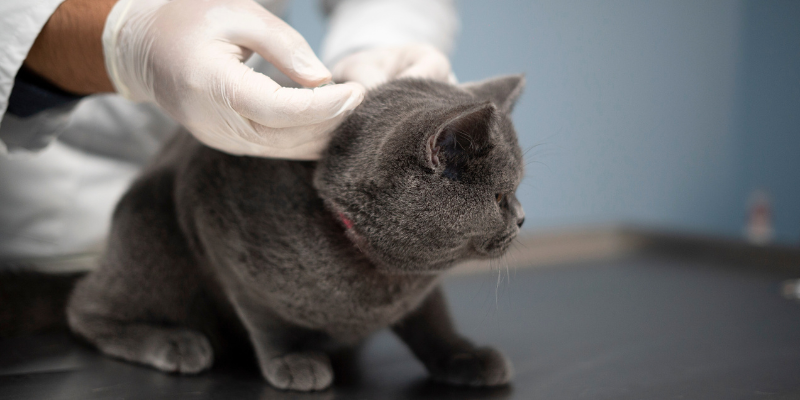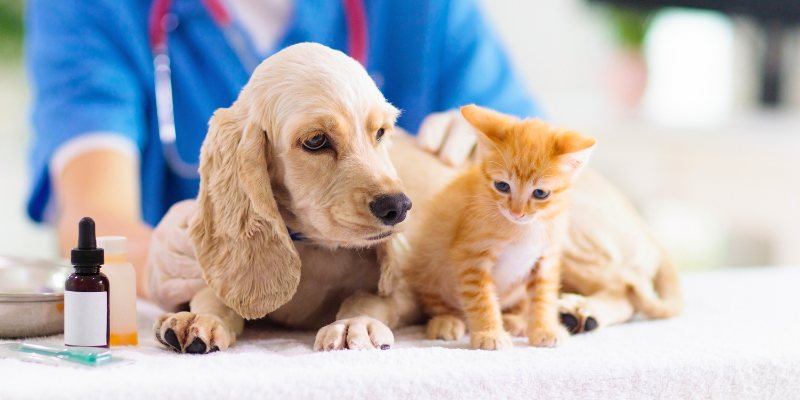[et_pb_section fb_built=”1″ _builder_version=”4.14.2″ _module_preset=”default” custom_padding=”0px|||||” global_colors_info=”{}”][et_pb_row _builder_version=”4.14.2″ _module_preset=”default” global_colors_info=”{}”][et_pb_column type=”4_4″ _builder_version=”4.14.2″ _module_preset=”default” global_colors_info=”{}”][et_pb_text _builder_version=”4.14.2″ _module_preset=”default” global_colors_info=”{}”]
So, you’ve decided that you are ready to welcome a new cat into your household – congratulations! With some dedicated care on your part, you should have a loving feline companion for the next 12-18 years.
When searching for your new friend, consider whether you would like to purchase a specific breed of cat or choose one from a local animal rescue centre.
Adopting a cat
Generally, rescue centres will have both kittens and adult “moggies” (i.e. short-haired or long-haired cats with mixed breed genetics), although some smaller rescue groups may rehome particular breeds of cat.
The great thing about adopting a cat from a rescue centre is that you will usually be presented with at least a few individuals to choose from. A good rescue facility will know the temperament and general health status of each cat, meaning that there is more opportunity for you to select an individual cat that you “gel” with. Don’t rule out friendly older cats, who can settle in and become calm, fully-trained household members within a much shorter period compared to a kitten!
Reputable adoption centres will desex cats before rehoming, as well as having their vaccinations and parasite control up to date – meaning less upfront hassle for you.
Buying a cat
If you want a certain breed of cat, in most cases you will have to buy a kitten (or re-home an ex-breeding adult) from a breeder. Before making a purchase, it’s important to do research on the general characteristics of that particular breed, such as the likely temperament, energy levels, grooming requirements and any potential health issues.
For specific cat breed information, we’d recommend checking out the international cat care website. Our friendly team is also happy to provide advice on the temperament and potential health issues of certain cat breeds, and some tips for a stress-free introduction of your new pet into the household.
Once you’ve settled on a particular breed, you should search for a knowledgeable breeder who will raise the kittens within their home, as this will help make your future pet more family-friendly and well-socialised. It also helps if you can meet the parent cats, to ensure they’re healthy and of good temperament.
Long-term cat care
As well as any upfront purchase costs, it’s important to factor in the ongoing costs for the long-term care of your feline companion.
As well as a high quality, balanced diet, they will require:
- Regular parasite control (worming, fleas and ticks) and vaccinations, particularly if they will ever be going outdoors or into boarding
- Routine veterinary health checks, as well as additional care for any injuries or illnesses
- Desexing (if your cat has not already been desexed)
- Microchipping and registration with your local council
- Ongoing dental hygiene, including home care and veterinary cleans
Indoor cats will also require the provision of “cat furniture” to allow normal jumping, climbing and scratching activities, and often regular claw clipping too.
If you have any health or behaviour questions about your future feline family member, ask our team for further advice. We’ll have you “feline” informed in no time!
[/et_pb_text][/et_pb_column][/et_pb_row][/et_pb_section]






